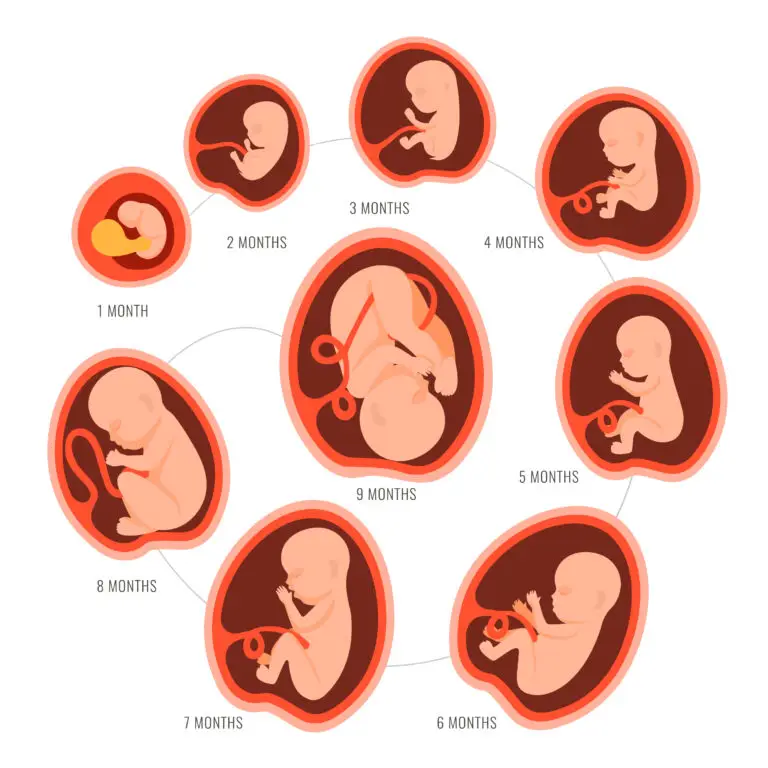Embryology

Table of Contents
What is Embryology?
Embryology is a branch of biology that focuses on the study of the development of embryos, from the fertilization of the egg cell to the formation of a complete organism.
It encompasses the processes of embryonic development, including fertilization, cleavage, gastrulation, and organogenesis. Embryology provides insights into the morphological, cellular, and molecular changes that occur during the early stages of an organism’s life.
Areas of Embryology
Fertilization
Fertilization marks the union of sperm and egg, resulting in the formation of a zygote. The zygote undergoes cleavage, a series of rapid cell divisions, to form a multicellular structure called a blastocyst (in mammals) or blastula (in other animals).
Cleavage
Cleavage is the process of cell division in the early embryo, leading to the formation of blastomeres. The zygote undergoes multiple rounds of cleavage, resulting in the development of a multicellular embryo.
Gastrulation
Gastrulation is a crucial stage during which the embryo undergoes morphological changes, forming three primary germ layers: ectoderm, mesoderm, and endoderm. These germ layers give rise to different tissues and organs.
Organogenesis
Organogenesis is the process by which organs and organ systems develop from the three germ layers. Specialization and differentiation of cells occur, leading to the formation of specific structures and functions.
Human Embryology
Human embryology specifically focuses on the development of human embryos. It involves the study of prenatal development, fetal development, and the formation of various organs and systems in the human body.
Related Links
Anatomy
Embryo
Yolk
Zygote